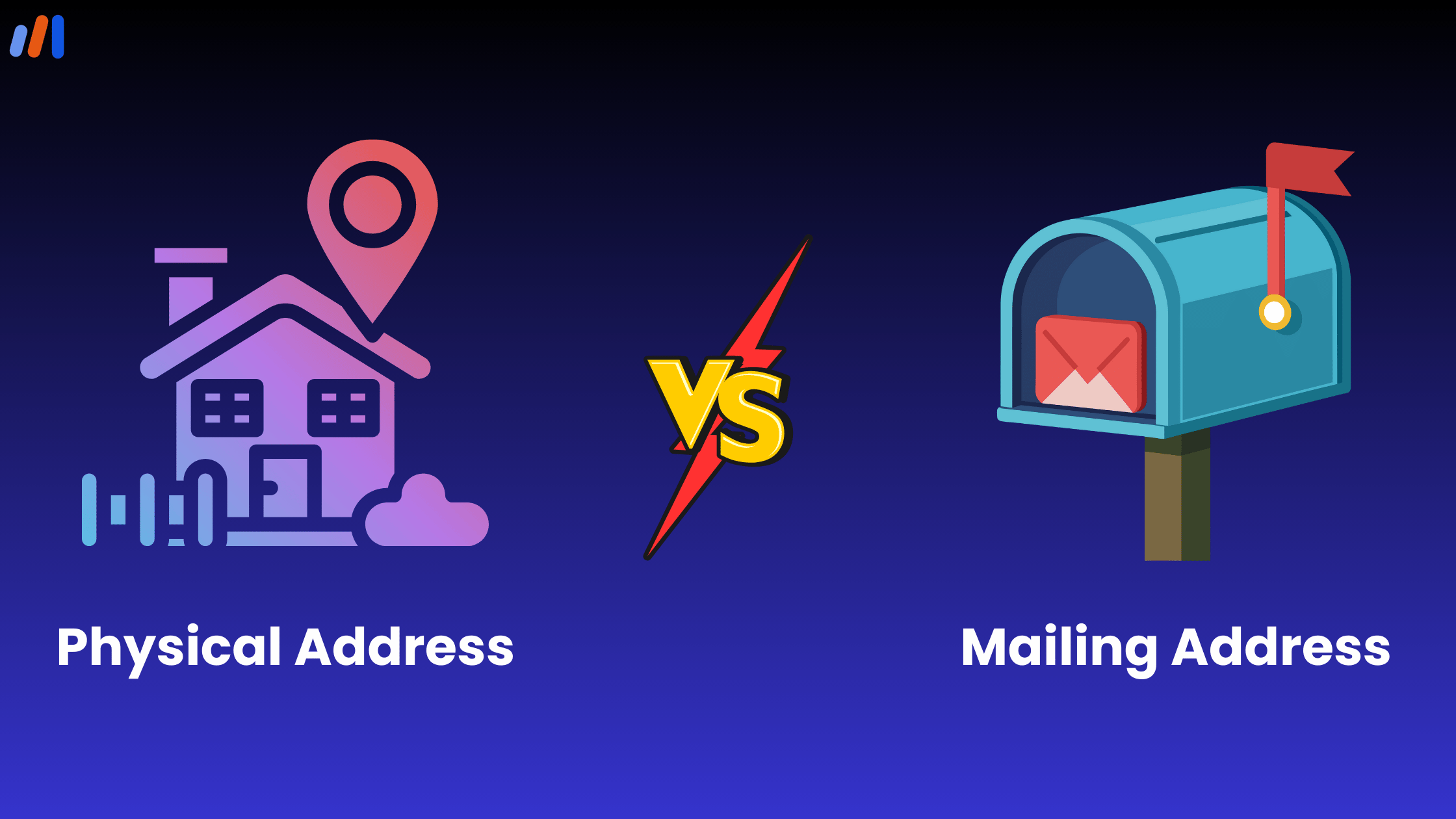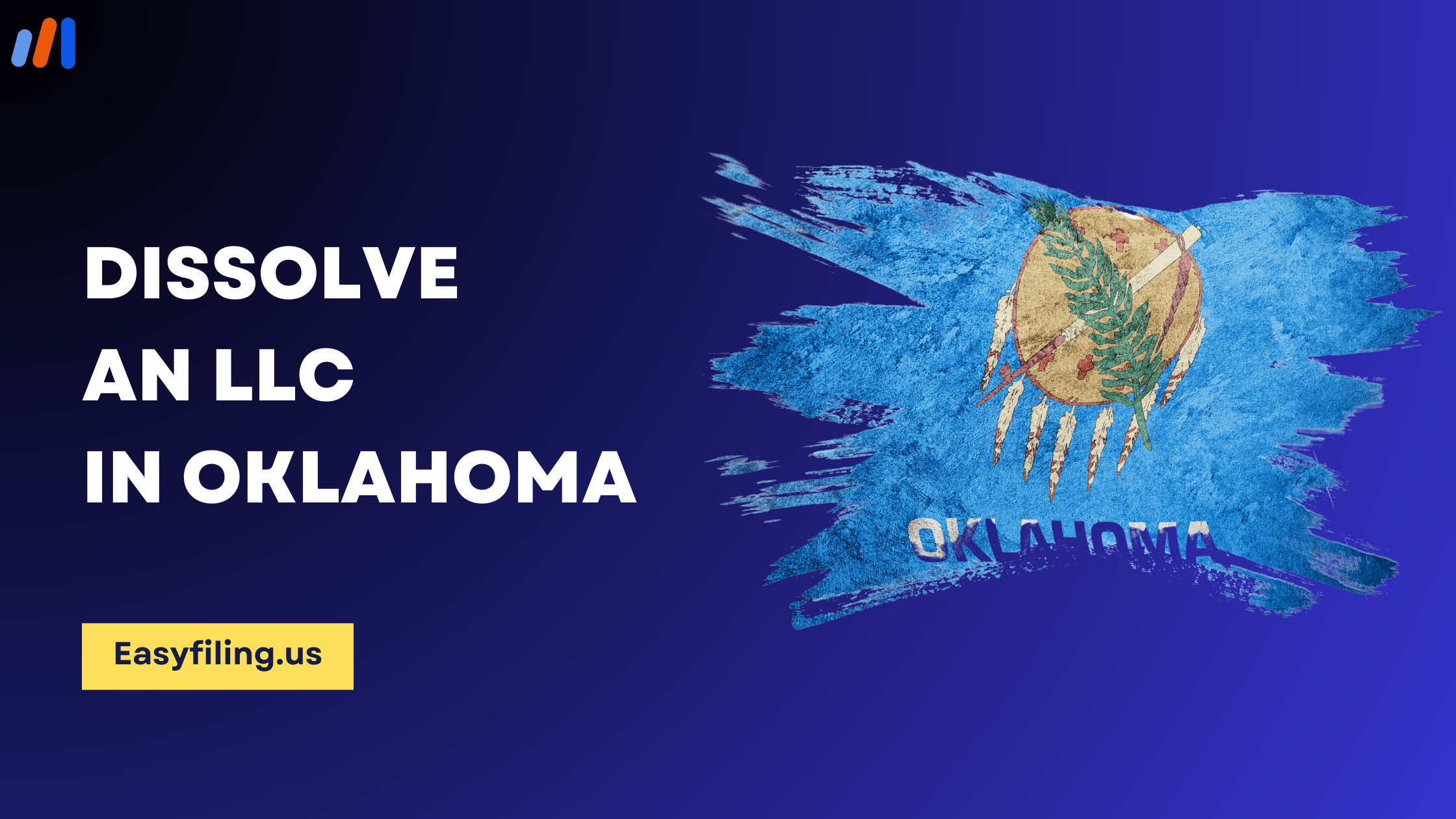Establishing a Limited Liability Company (LLC) is often attractive to many potential users because it provides protection for the individual’s assets. This is a crucial feature for entrepreneurs, small business owners, and investors, as it ensures a legal disconnect between the individual’s personal and business liabilities.
However, while this type of entity offers substantive protection, it is not complete. Many limitations, exceptions, and obligations attached to the members need to be understood to maximize the use of this structure.
This guide provides an in-depth look at how LLCs protect personal assets, the situations that may diminish these protections, and the steps that can be taken to safeguard an individual’s wealth.
Understanding the Principle on which LLCs are based
The main reason for establishing an LLC from the outset is the permissible inclusion of a legal screen between the owners (members) and the business.
This is known as limited liability protection, and it assures the members that their possessions, their houses, vehicles, and even personal accounts cannot be easily used to pay off the debts and liabilities of a business.
Understanding Limited Liability
The company becomes a separate legal entity as a result of forming an LLC. Please see the benefits of this separation:
- The LLC can make contracts in its name, it can borrow, it can own assets, and it can operate in its name.
- Any obligations or liabilities incurred by the LLC are attributed to the company itself, not to its members.
- Members are not personally liable for business debts beyond their initial investment in the LLC.
For example:
If your LLC incurred a debt of $ 100 000 and is unable to pay it back, the lender has the right to recoup that amount by accessing the properties (such as business assets, company inventory, and funds in the company’s accounts) owned by the LLC, which is higher than or equal to the incurred amount. But, this cannot extend to your accounts or assets in your name, such as your house and car.
Benefits of Protection On Assets of an LLC
1. Shield Against Business Liabilities
LLC members get protection against most business risks, including debts, litigations, and financial responsibilities. This shield is paramount for businesses in high-litigation industries like construction, real estate, and healthcare.
2. Minimized Personal Risk
The risk extends to the business amount in which a member decides to invest. If, for instance, you provide a starting capital of around 10000, then that’s how much you are supposed to lose if the business fails with no personal guarantees or qualified bad behavior.
3. Flexibility for Small Business Owners
Unlike corporations, LLCs do not demand such complex structures as boards of directors or such stringent adherence to Board rules. This makes it easier for small businesses to remain compliant while still enjoying the protection of personal assets.
4. Tax Benefits
Other than asset protection, LLCs have some great tax benefits. Members can opt to be taxed as a sole proprietor, partnership, or corporation according to their fiscal strategy. Default “pass-through” taxation enables corporations to escape the dual taxation that victims many corporations.
Limitations and Exceptions to Personal Asset Protection
Though LLCs do offer good protection, that cannot be said to be total protection. Some circumstances may cut through this barrier and expose members to personal accountability.
1. Personal Guarantees
In most instances, however, lenders, landlords, or suppliers may require a member to provide a personal guarantee for the loan, lease, or contract. Such a personal guarantee would circumvent the shield offered by the limited liability company, making the individual personally accountable for the obligation.
Example:
If you provide a personal guarantee toward a $50,000 business loan where your LLC is the borrower and the business fails to pay back the loan, the lender will go after your assets to recuperate that amount.
2. Piercing the Corporate Veil
By the statutes, an LLC may have debts, but this does not prevent a court from listing its structures as individual liabilities; the court may ‘pierce the corporate veil’ of the owners or members where the business fails to operate wholly in line with its charter. Such common causes may include:
- Commingling of Funds: This occurs when the company bank account or the individual’s account is used interchangeably with no regard to the legality of the expenses made.
- Inadequate Documentation: Not possible to produce relevant records for transactions made or compliance reports due for submission to local authorities.
- Fraudulent Activities: This includes abusing the privilege granted by various legal entities to LP Investments.
In such a case, where the corporate veil is pierced, the members of the LLC are personally liable for the debts of the business
3. Personal Misconduct or Negligence
Even within a structure of corporate business, this does not give leeway to the members or shareholders in the business; limited liability protection is only a shield against the creditors but not one against wrongful conduct on their part, negligence acts, or even offenses or illegal acts, for example, fraud.
Example:
When a member presents for sale a product that fails to meet prescribed legal standards, the individual may be liable to litigation for damages even though they have no other connection with the LLC.
Steps to Maximize Personal Asset Protection
It is important in the first place that a strong delineation and proper functioning of the LLC is undertaken to prevent personal assets from attachment. In this regard, the following are the key steps to be undertaken:
1. Maintain Financial Separation
- If possible, open a strictly business account with the bank, and use it solely for transactions conducted by the LLC.
- If there are business expenses to be incurred, do not use personal funds or make it the other way around.
2. Civil Law and Regulations Compliance
- Conduct business and file annual reports and state-required fees.
- Business licenses and permits should be obtained.
- An updated operating agreement must be maintained regardless of whether or not your state requires one.
3. Personal Guarantees Should Be Avoided
- In business, always best to negotiate how contractual agreements (or loans) should never include personal guarantees. While this may be difficult, especially for startups, this is important as the company scales.
4. Business Insurance Should Be Purchased
- A policy of general liability insurance should be obtained to safeguard against risks such as damage to property, injuries, or lawsuits. This serves as additional protection for the LLC as well as its members.
5. Honesty and Transparency are Key Features
- No fraudulent activities, failure to exercise due care, or immoral conduct should be done in the course of your business. Where a company acts in good faith, it is more likely that the courts will respect the LLC veil.
Common Misunderstandings Regarding LLC Asset Guarding
1. “An LLC Guarantees Complete Protection”
There is a lot of protection afforded by the LLC, but there are still areas where one remains liable, such as personal guarantees, negligence, or misconduct.
2. “Once Formed, Protection is Automatic”
Only forming an LLC can do very little. One must combine this with compliance and the separation of business and personal activities to benefit from the protection of liability.
3. “An LLC is the best Knight to fight all Lawsuits.”
An LLC can prevent personal assets from creditors, but it does not prevent assets unrelated to the business from being challenged.
When Should You Consider Forming an LLC?
An ideal LLC should be sought by an individual or corporation that:
- Has the willingness to spend on growth without being worried about loss of personal assets.
- Is involved in a high risk of liabilities or potential litigation.
- Works on independent management structure and taxation issues.
- Wants to develop goodwill with clients, vendors, and investors.
Conclusion
If you hold an LLC, it is recommended that a legal separation between the owner and the business be maintained to secure assets. If this protection is not followed or if the owner is reckless, the LLC is useless. To attain the most even from LLC, there are proper ways of operational practices that should be adhered to, like compliance policy followed and any personal guarantees satisfied.
If you grasp the limitations like this self-protection angle, then it is possible to venture into multiple entrepreneurship pursuits as a complement to personal wealth. LLCs are perhaps the best reason for entrepreneurs to establish businesses, especially for newbies. Even if the person is moving away from a sole proprietor’s entrepreneurial call, this status should invoke a sense of self-confidence.
Book a free consultation for clear guidance on setting up your LLC or Corporation business.
File Your LLC Today
25$ off with a coupon
Lock in EasyFiling's transparent rates and get lifetime compliance support at no extra cost.
Get Started Now









